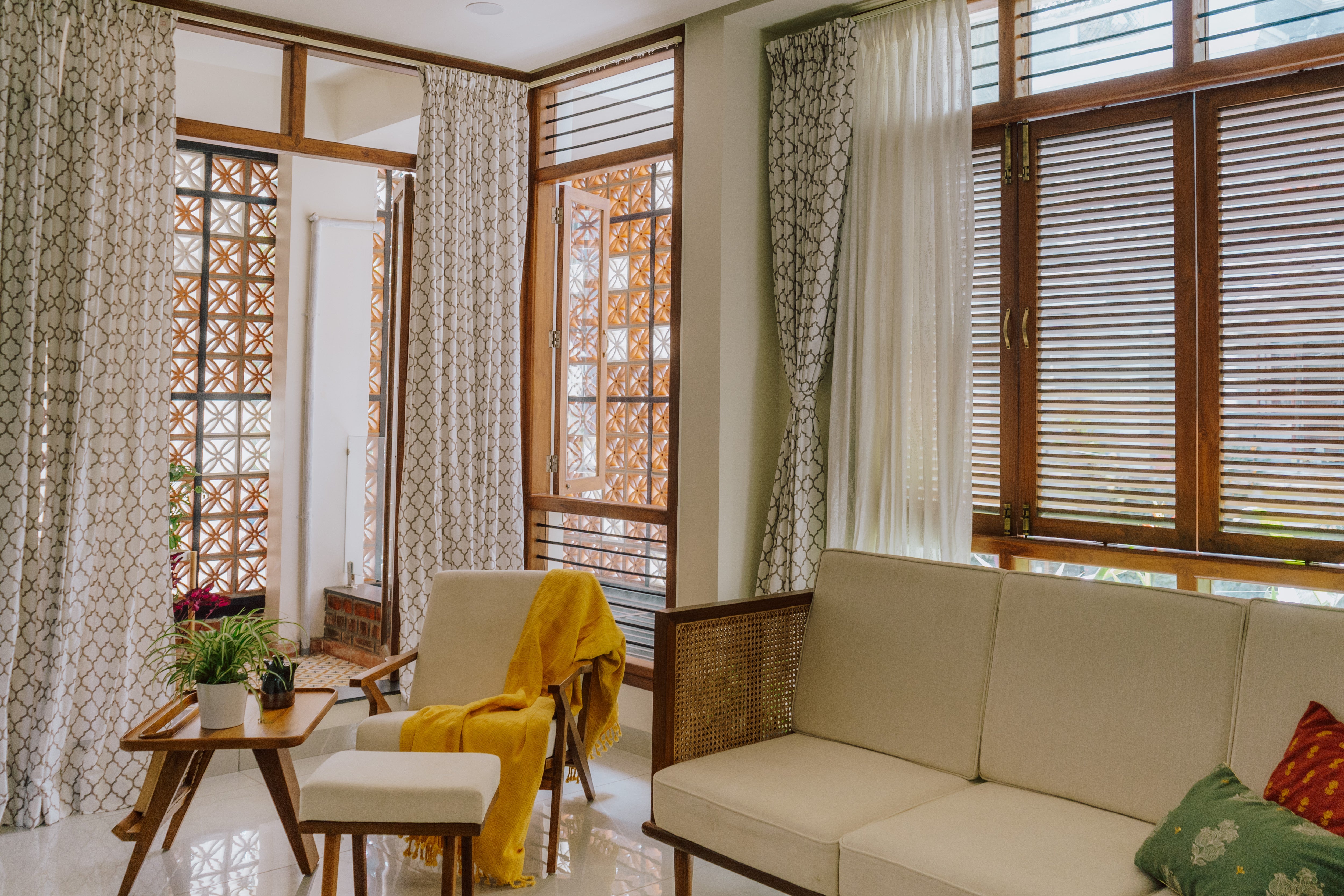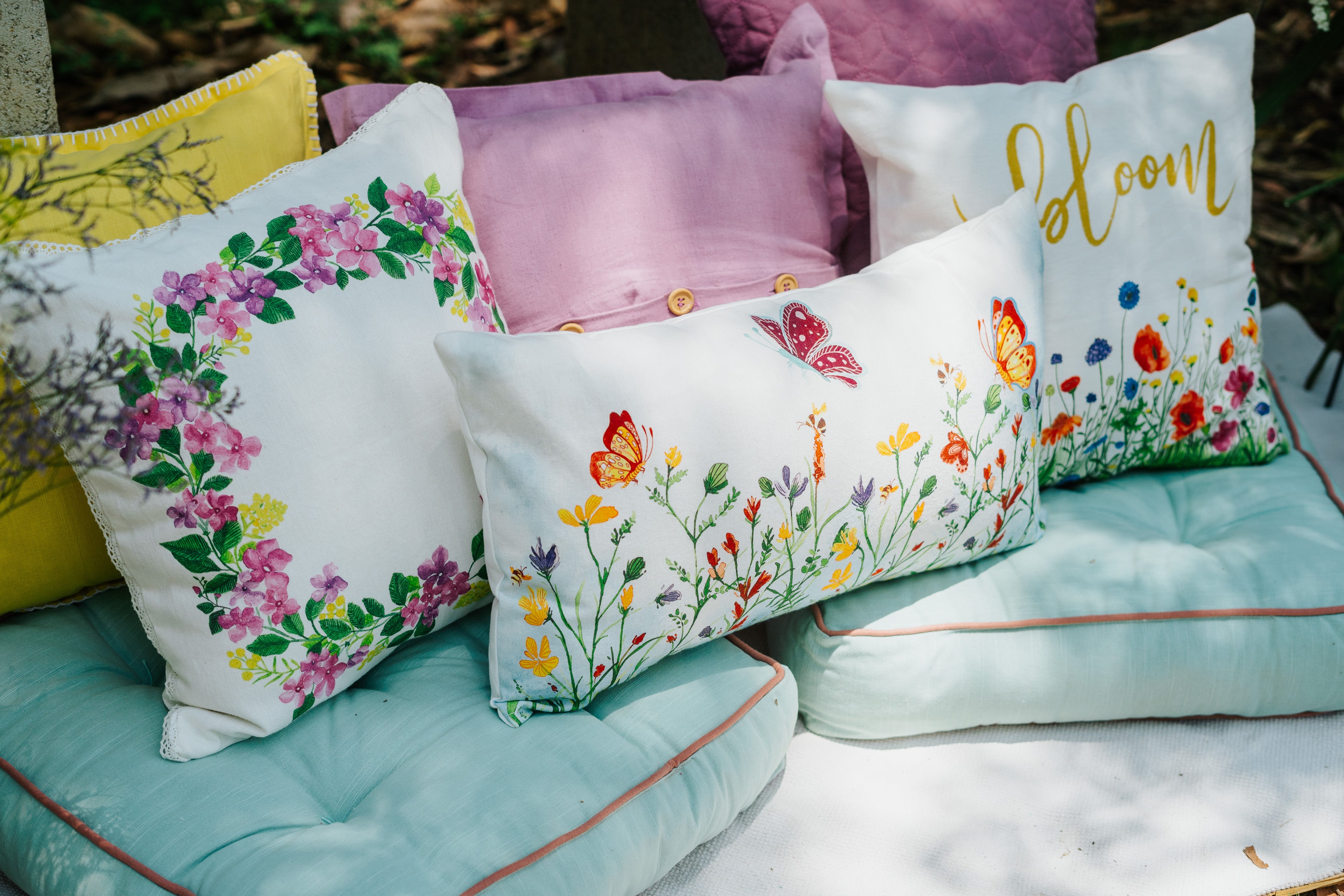From Our Founders Desk
A quick Q&A session to understand the driving force behind choosing to work with Sustainable Products.
# Sustainability
- What's your / your firm's take on sustainability?
We know for a fact and believe that Sustainability is THE definite future and is no longer an option, but a necessity.
Sustainability can be practiced when we choose to implement small changes in our own lives and can be as simple as segregating our waste, consciously refusing to use plastic and opting for sustainable products in day-to-day life. These small steps can result in a bigger change for the betterment of our environment.
- What drove you to work with sustainable materials?
Our brand is a reflection of us, our thoughts and our vision.
We are ardent advocates of following sustainable practices, and while building our brand we knew that it was crucial for us to produce and package our products in a sustainable manner. Previously, the term sustainability has been synonymous with luxury products. We strive to break that myth and create sustainable products accessible to all.
- What are the benefits of choosing to invest in sustainable products?
Sustainable products are the future. By choosing to consume sustainable products you’re choosing to take that small step towards change rather than being left behind as a mere spectator. You’re choosing to become a part of the movement towards a sustainable living. Sustainable products result in minimal waste and thereby helping the environment.
# Cost and challenges
- How is pricing determined for sustainability products?
The sourcing and curation of sustainable products is a labor of love. It is never going to be easy for sustainable material to compete with the low costs of synthetic fibers. Yet we believe we must find ways and be able to create sustainable products accessible to all.
- Are there any challenges when making sustainable products? If so, what are the solutions to overcoming them?
The challenge comes from our message; we want to create sustainable products that can be available to all. Yes, it is challenging for sustainable resources and practices to compete with the low rates of synthetic fibers.
A large part of our time and effort as a brand goes into educating our customers about these facts. We make a conscious attempt to keep our customers informed about the ethical practices we follow in the making of our products. We also encourage our customers to view the products as a whole from its material to its making and not just appearance.
# Materials
- What are the materials you have chosen to work with to make your products?
A majority of our products are made from 100% cotton. We also have other materials like jute, river grass and water reed grass in our products. We are currently working on introducing hemp, bamboo and banana fiber into our product range.
- How do these materials enhance the value of the product and how does it impact the environment?
Our products are made entirely from natural fibers and are 100% biodegradable. We have ensured that no plastic has been introduced into the products that may in the long run find itself in a landfill. Also by using natural fibers in your home furnishings, you’re eliminating the possibility of micro plastic particles from entering into your home.
# Technology
- Have new technologies been developed to make manufacturing these products easier and more efficient? According to you, what are some of the most important technologies used to make such products?
The textile industry is known for polluting the environment, one of its biggest contributors to pollution are the dyes used to color fabrics.
The latest advancements in printing machines along with new water based dyes have vastly reduced the negative impacts this industry has previously had on the environment.
# Market and trends
- Has the market for sustainable products grown in the past few years?
Every year in business for us has seen more customers who are patrons for sustainable products and are more aware than before of its positive results on the environment. This tells us that the demand for sustainable products has increased over the years.
- Are there any new trends in the sustainable product market?
The textile market is increasingly testing newer natural fibers that can be used in fashion as well as home furnishing. With sustainable products becoming more popular, there are standards that guide and help manufacturers in this like BCI (Better Cotton Initiative), GRS (Global recycling standard) and GOTS (Organic cotton).
- Are there currently any sustainable products that are more popular than others?
We feel organic cotton and bamboo fibers are gaining popularity in recent times.
# Future
- With climate change becoming a top priority for governments around the world, what do you think the future holds for sustainable products?
With increased interest of the government in climate change, we feel there will be more concrete policies and support for businesses and startups in the sustainability space. Consumers are becoming more aware and are increasingly embracing sustainable products for their day to day consumption.
- In your opinion, are sustainable products more in demand? Why?
Over the years that we’ve been in business and on personal fronts, we have seen an increased number of customers who are patrons for sustainable products and are aware of its positive results around them. They are more aware of the impact their choices have on the environment and they seek out products that are eco-friendly and have a lower carbon footprint.
Today we find similar individuals like ourselves, who are ardent advocates of leading a sustainable lifestyle.
To conclude, by choosing sustainable fabric and products, we can, in small ways, aim to reduce the amount of landfills from non-biodegradable material, minimize pollution, and lessen the harmful side effects of man made fibers. These eco-friendly fabrics offer an opportunity to balance style with environmental responsibility, making conscious consumer choices easier and more accessible
“Sustainable development is the development that meets the needs of the present without compromising the ability of future generations to meet their own needs.” - Gro Harlem Brundtland.




